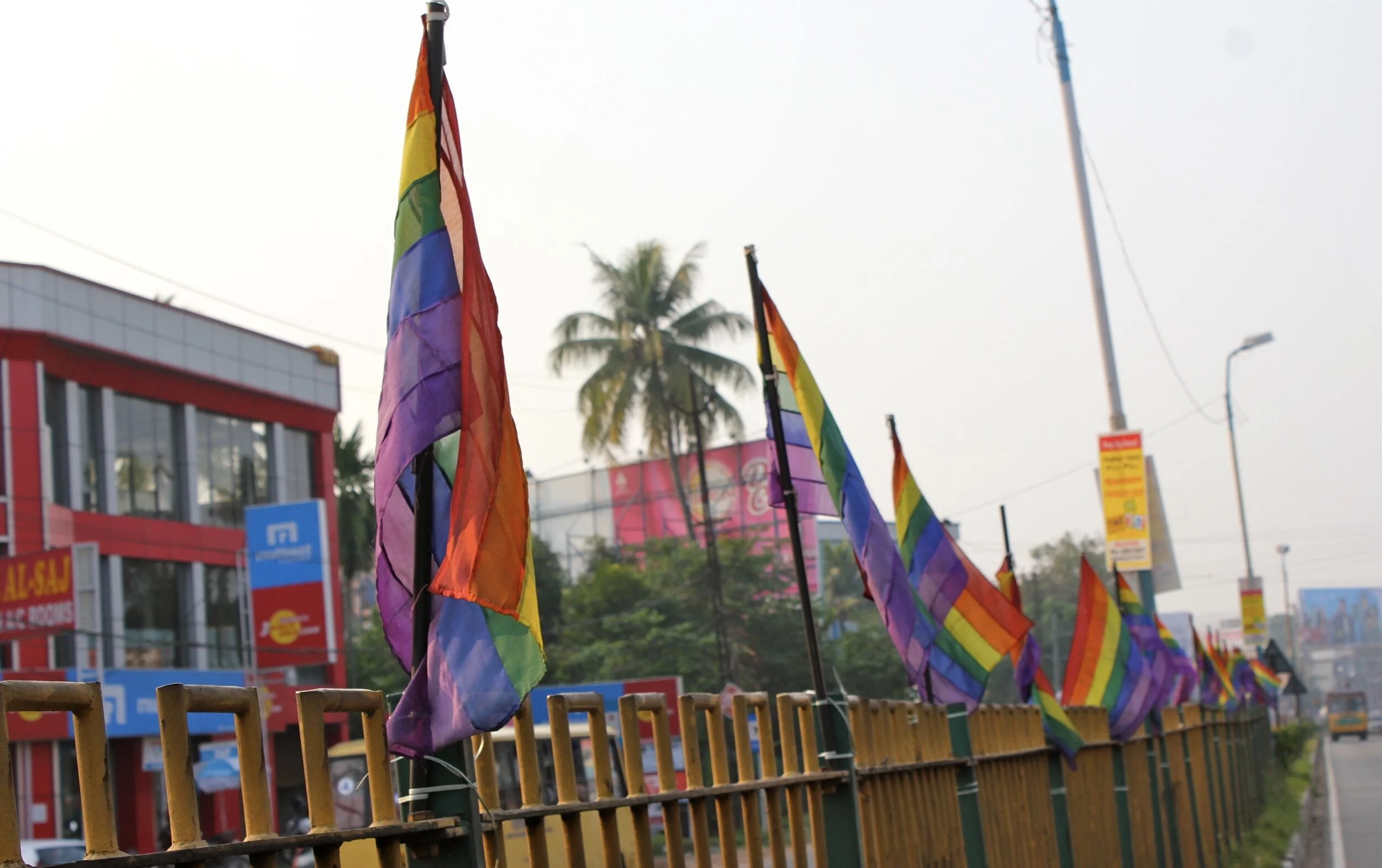For members of the LGBTQ+ community in India, the world’s second-largest country with a population of 1.4 billion, civil rights have only recently become something viewed as attainable. Up until 2018, any sort of same-sex sexual activity was illegal, and consensual cohabitation between two same-sex partners was only legalized by a court order in June 2020.
The status of future progress toward full LGBTQ+ rights in the country has been jeopardized by a recent statement from Solicitor General Tushar Mehta. Mehta, who is the second law officer only after the country’s attorney general, told the Delhi High Court in September that, “our laws, our legal system, our society and our values do not recognize marriage, which is a sacrament, between same-sex couples.”
Mehta’s sentiments stem from a complex history of colonialism, religion and social conservatism. While religious scholars debate whether or not Hinduism, India’s predominant religion, looks down upon the identities of those within the LGBTQ+ community, anti-LGBTQ+ sentiments in their modern form are considered to be a result of British colonial rule. Ashok Row Kavi, one of the petitioners in the 2018 case which legalized same-sex activity, spoke with Al-Jazeera about the role that the British played in shaping the status of India’s LGBTQ+ community today.
“There was no persistent homophobia in Indic faith systems,” Kavi said. “There were no ancient injunctions against homosexuals or transgenders, known as hijras, here. Societal homophobia that we see now seems to have been injected by the introduction of this anti-homosexual law, Section 377, by colonial British rulers.”
Section 377 of the Indian Penal Code, which was introduced in 1862, stated that: “Whoever voluntarily has carnal intercourse against the order of nature with any man, woman or animal, shall be punished with [imprisonment for life], or with imprisonment of either description for a term which may extend to 10 years, and shall also be liable to fine … Penetration is sufficient to constitute the carnal intercourse necessary to the offense described in this section.”
While formal British rule in the subcontinent ended in 1947, the law was maintained in its entirety up until a court case in 2009 began the process of dismantling it, which did not formally end until the aforementioned 2018 court ruling.
As it stands today, public opinion on LGBTQ+ rights in India is at best mixed. According to the spring 2019 Global Attitudes Survey, the most recent data available, only 37% of those surveyed in India believe that homosexuality should be accepted by society. Conversely, a 2018 Ipsos survey found that 80% of those surveyed in India would like to see discrimination against transgender individuals end.
It is important to note that the reliability of public opinion surveys in India is questionable due to constraints on achieving a true random sample in a country with such a vast, diverse population. That said, there are several movements currently underway which, combined with support from around the globe, could create a new era of LGBTQ+ civil rights in India.
With continued support from those abroad, LGBTQ+ rights activists in India could be able to fully realize their goal of a truly just society for all 1.4 billion who call the country home.
To Get Involved
Sign “Petition to Legalize Same-Sex Marriage in India,” which urges the Supreme Court and President Modi to legalize same-sex marriage, by clicking here.
To find out more information on opportunities to get involved, visit the Humsafar Trust, a Mumbai-based nongovernmental organization which promotes LGBTQ+ rights by providing counseling, advocacy, health care and education, by clicking here.
Jacob Sutherland
Jacob is a recent graduate from the University of California San Diego where he majored in Political Science and minored in Spanish Language Studies. He previously served as the News Editor for The UCSD Guardian, and hopes to shed light on social justice issues in his work.











